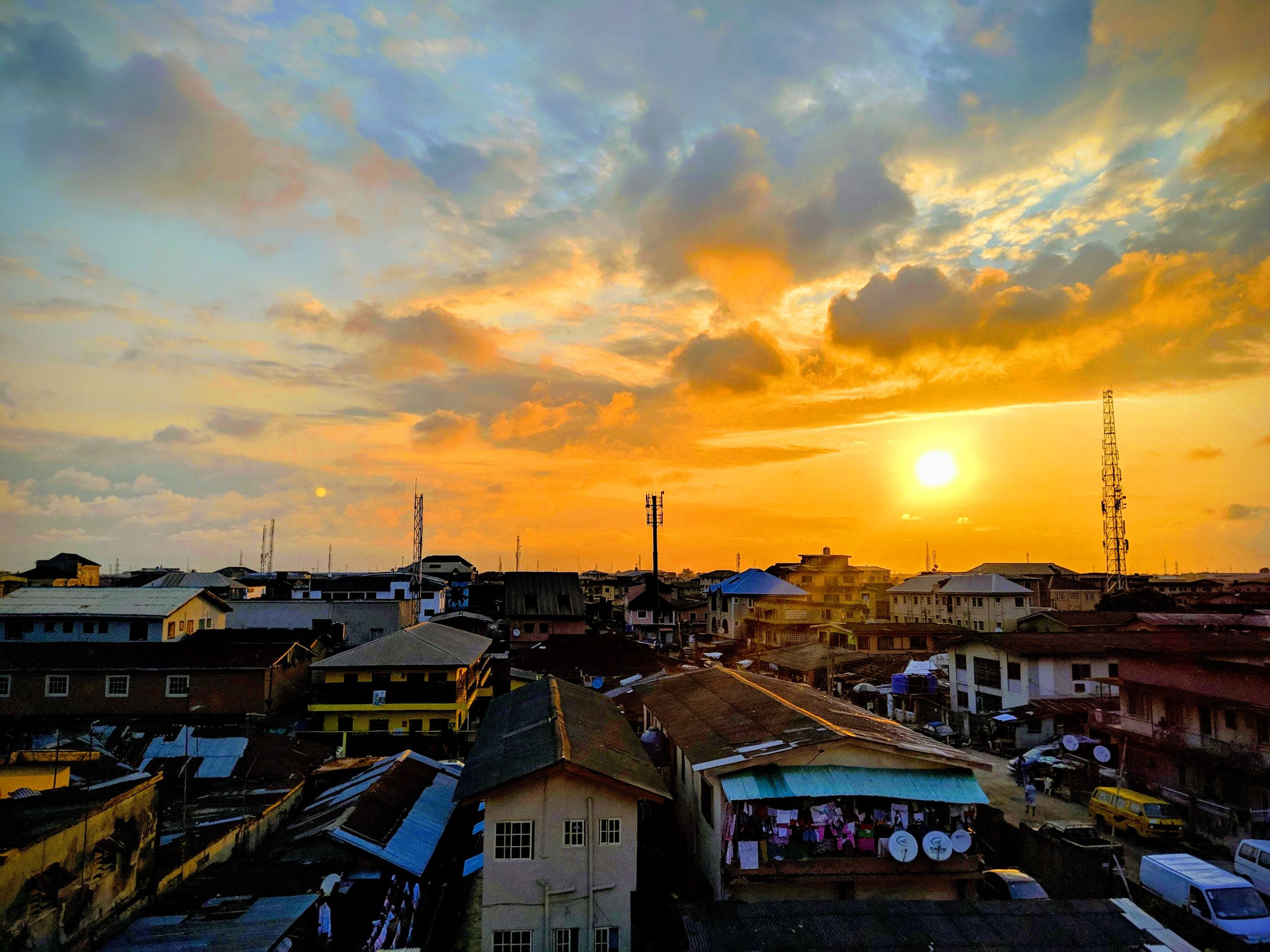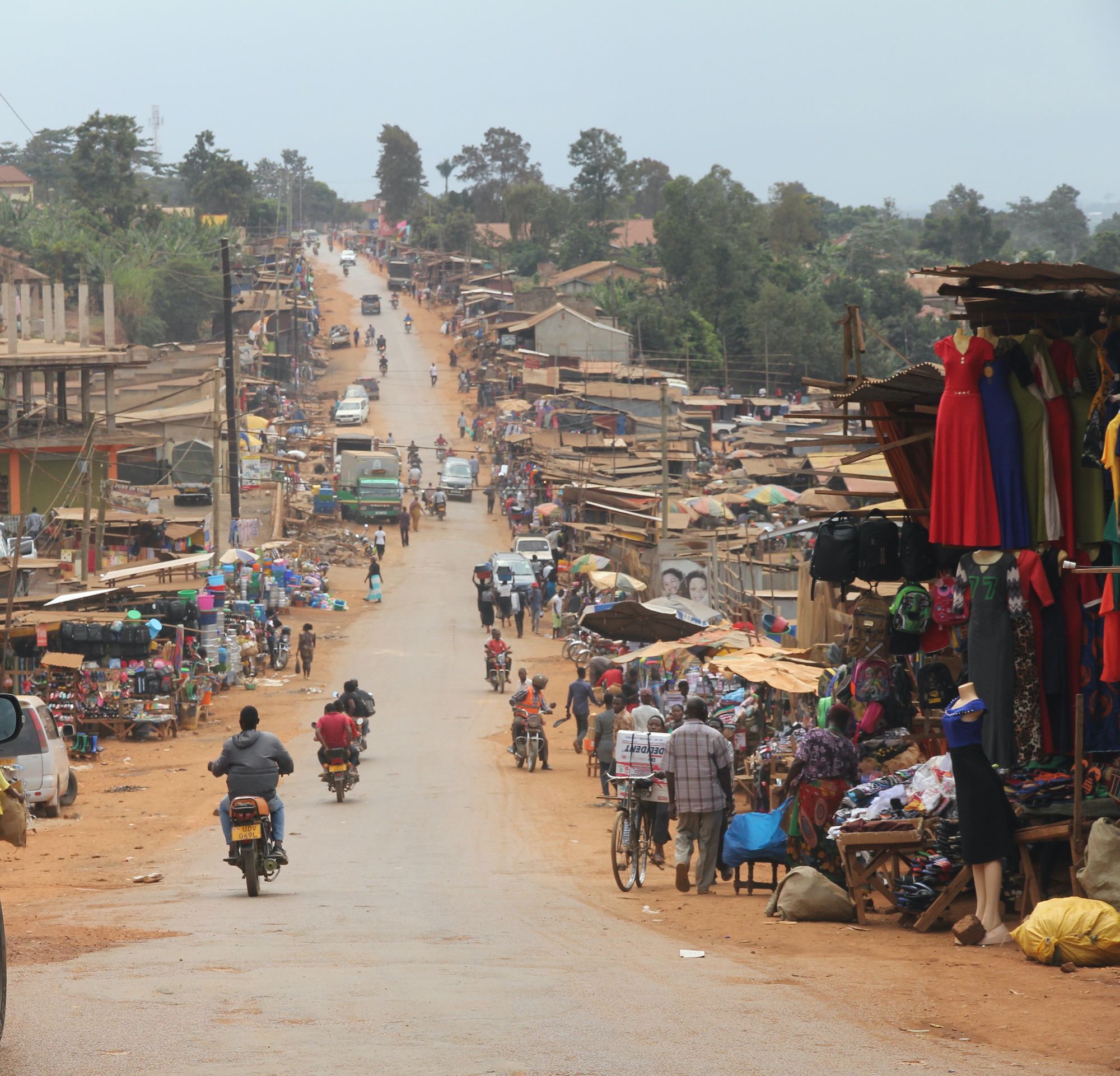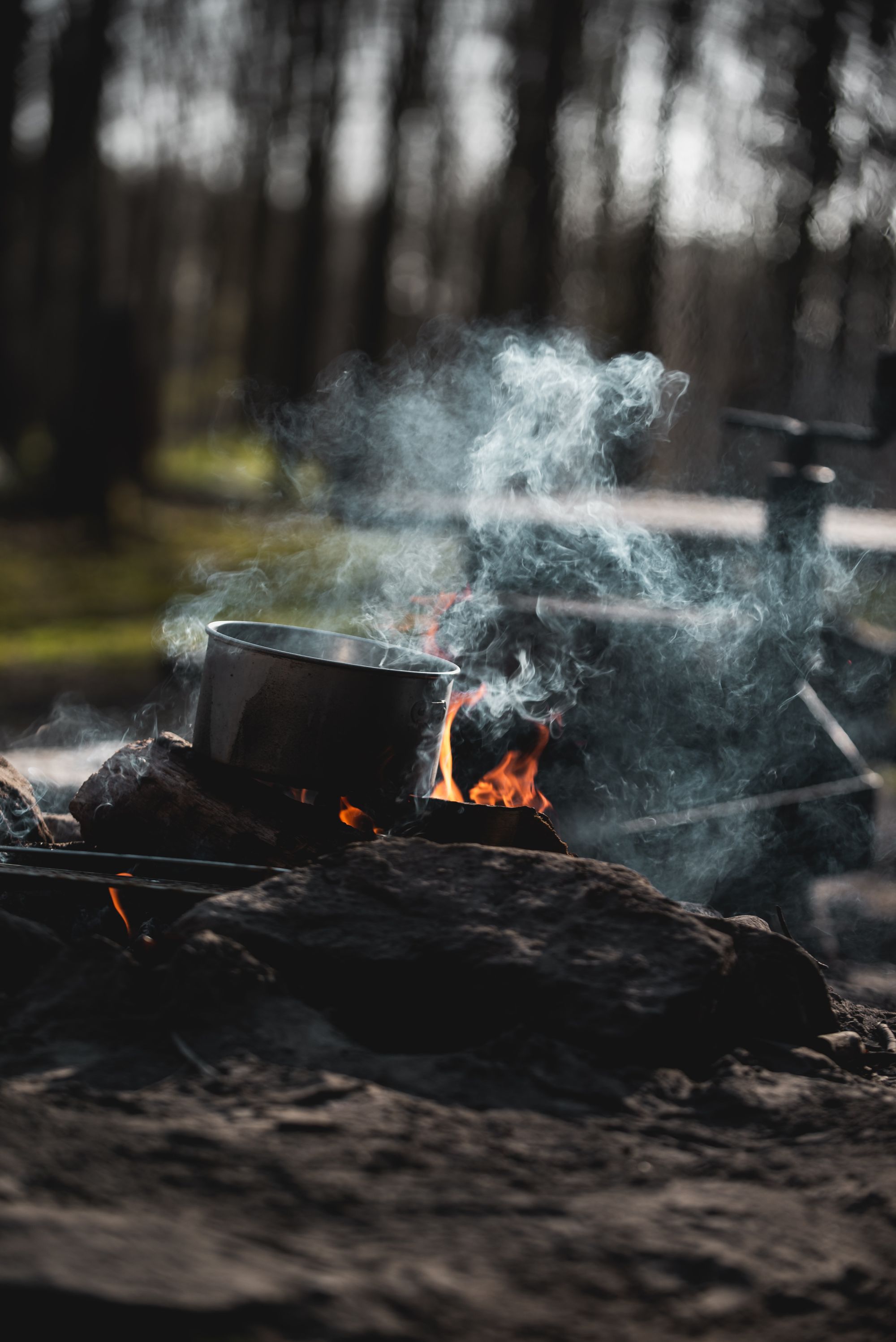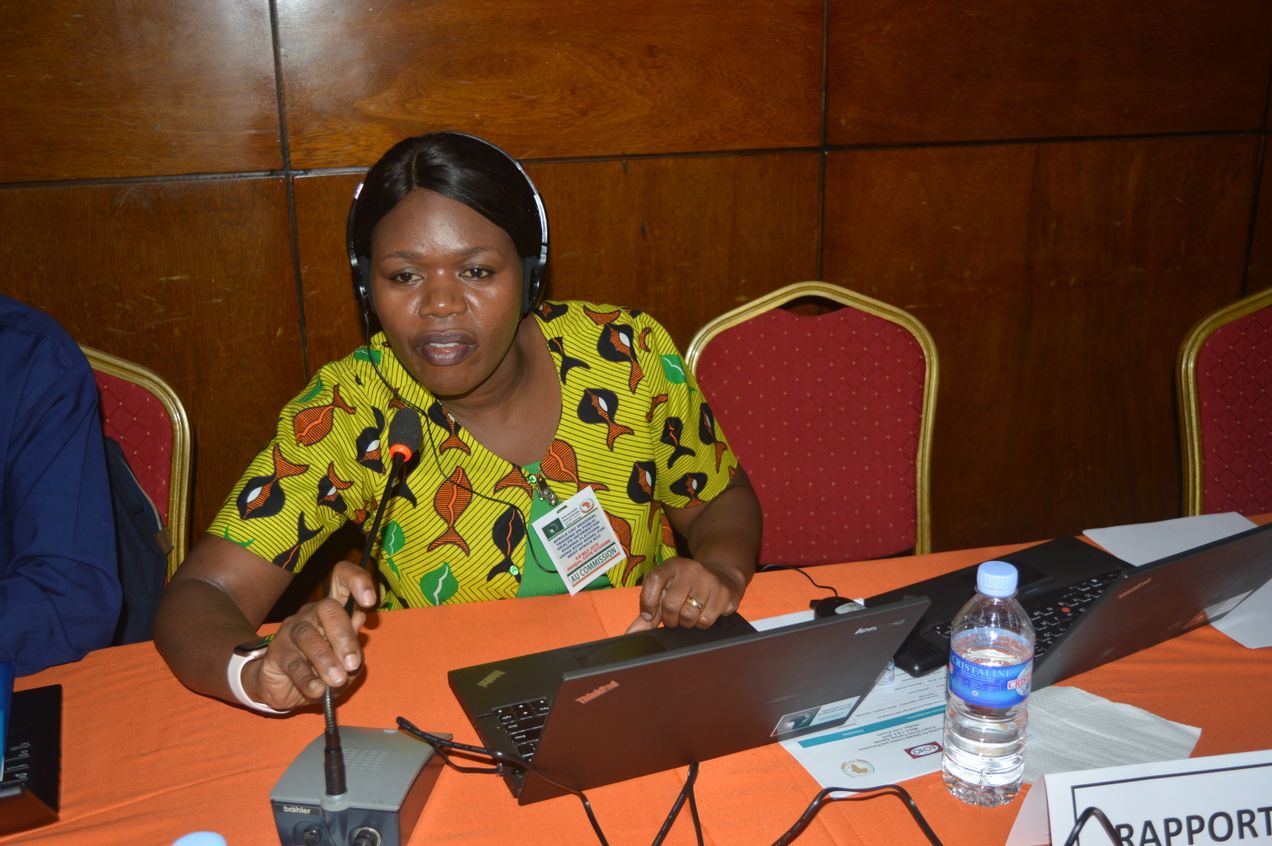
Nekede's Widows
Darlington Chibueze Anuonye writes about his friendship with two widowed women in Nekede, Nigeria, and how they are surviving the precarity of loss and strife in a pandemic.
Before November 2020, I lived in Nekede, a semi-urban community in Owerri, famed for the industry of its people. But it was the sisterhood of the widows of Nekede that fascinated me the most. The women recognized the tendencies of their community to oppress and subjugate them, so they created an agency of economic and social freedom for themselves. They traded in the same market, worshipped in the same church and gathered most nights to share drinks, food, gossip and hope. Their children played, ate and dreamed together. Their courage in the face of single parenting was inspirational, and so I couldn’t wait to see what the future held for them. However, COVID-19 came and squeezed life, like moisture, out of them.
Among the widows, DaaSisi, whose husband died in a motor accident along Naze Road, and Mama Ekene, whose only son was an undergraduate at the state university, were closest to me. I had known them before the pandemic arrived, before facemasks started to conceal our smiles, before the police and the military began to brutalize us in the name of enforcing lockdown rules. Their laughter and loud voices were a constant in my life. They owned shops on one of the deserted streets, where they sold plastic goods. But since the streets had grown vacant, they were forced to close their shops. This afforded their sons Nzube and Ekene, who often accompanied them to the shops, more time to visit me.

My friendship with Ekene started three years ago. He was 17 then. He had realized I was a writer and so came to me for books. I relished our shared love for reading so much that I welcomed him into my library and gave him unreserved access to every book. He surprised me with his empathy for tragic characters. For him, there was no measure for the diameter of miracles found in a good story. His mind flourished from the breath it drew from literature.
My sadness throughout the first week of the lockdown when Ekene came to me for food was immense. His mother had neither food nor money, he had said, as though he was apologizing for their lack. I couldn’t watch him suffer such indignity, not with all the knowledge he had acquired from books, so I asked him to become an editorial intern for my magazine. He learned quickly and edited so wisely and neatly that I often wondered why it took us so long to begin that journey. When he earned his first money as an editor five weeks later, his mother was so excited that she ran to my house and prayed for me, while dancing to the tune of music only she could hear.
***
DaaSisi came to see me one morning in the seventh week of the lockdown, and I realized that the pandemic had torn her apart like an old, tired rag. Once she was inside my sitting room, she asked me when the virus would arrive in Owerri. Her voice was subdued as she spoke. In that moment, she was no longer herself, for what was DaaSisi without her earth-shaking laughter and loud voice? She talked about how people were dying like fowls in America and London, about how the virus was leprous because it feared no one. Those dying in America are proud of their country, she said. We know the virus is killing them. But, what, she asked, is killing us in Nigeria?
DaaSisi left before I could properly mull over her words. She was a woman who had talked about death many times in the past, but there was something about this conversation that made me ponder over her question for the rest of the day.
A week after my last conversation with DaaSisi, Nzube and I played PES on my laptop. We talked about my post-graduate studies while we vigorously tapped on the controllers. I explained how the pandemic had exposed the weakness of our education system; how almost only private universities in Nigeria understood the need to effectively deploy technology in teaching and learning. He laughed like a damaged generator when I joked about one of our professors who attended a zoom meeting without his shirt on. Perhaps the old man had thought it was like a WhatsApp voice call, he chipped in, amused. Then our conversation shifted to food. I talked about how I underfed at school due to a lack of time to cook what I liked, and how I couldn’t wait for the pandemic to end so I could go back to school. Nzube talked about the recent hunger in their home, his voice sullen, his gaze cast on the screen. He said that since his mother had stopped earning money, they barely ate. Some days, they ate only once; other days, they came to my place to eat. But DaaSisi didn’t want them to come every day, so it wouldn’t seem as if they came only for food and not for friendship.

I followed Nzube home that evening, and I saw DaaSisi in the company of Mama Ekene. Mama Ekene looked younger and taller than when I had last seen her. DaaSisi insisted I join them for dinner. Nzube was excited to hear that his mother cooked jollof rice. I heard him ask her how the food came about, in a whisper, as she served it. DaaSisi smiled and pointed at Mama Ekene, who narrated how Ekene had been taking care of her since he became an editor, and how she felt compelled to share her joy with her fellow widow. Her face looked different, radiant.
The glow on Mama Ekene’s face was so beautiful I wanted DaaSisi to experience it too. So, the next day, I told Nzube he could, despite the lockdown, continue his mother’s business online. We went to their shop and took pictures of the goods. Later, I helped him create a Facebook page and paid for the advertisements, which will enable him to reach more people within the city. Although DaaSisi didn’t understand the idea of online marketing, she was grateful for my help. Within two weeks, Nzube received a reasonable number of online orders. DaaSisi was excited that her business had come alive again.
2020 was a precarious year, and Covid-19 was a predicament. To think about the enormity of the loss caused by the pandemic is to carry a yoke that could break your back. The greatest lesson the pandemic taught me is that we need one another to survive and thrive. A broomstick sweeps well only when it is joined with other sticks to form a bunch.

